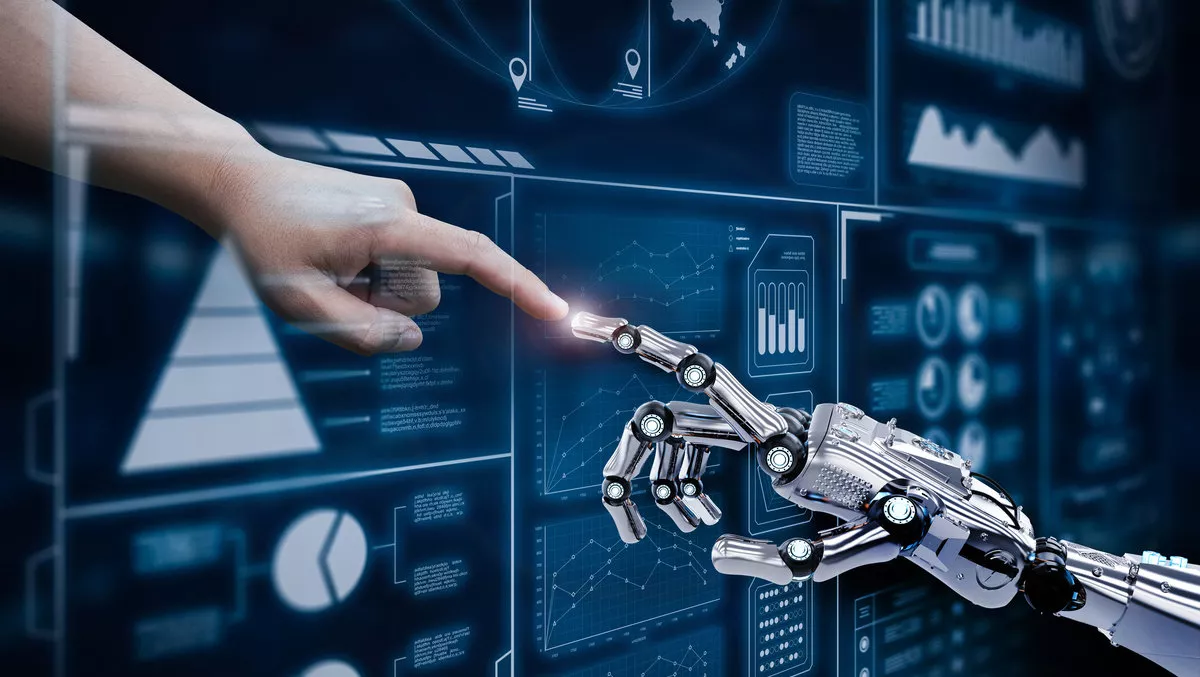
Huawei Cloud’s four steps to successful AI implementation
Huawei has announced what it sees as four key steps to successfully implement AI and announced the official launch of the cutting-edge EI Cluster Service and Industrial Intelligent Twins.
"Huawei have built full-stack, all-scenario AI solutions; it is now time to bring AI implementation to the next level," says Huawei Cloud president Zheng Yelai.
"Huawei Cloud will drive implementation forward. We will work with countless enterprises to bridge AI's commercial chasm so that AI can benefit and bring intelligence to every industry."
Global investors are enthusiastic about AI. Last year, Huawei proposed 3 major AI scenarios: repetitive, high-volume work; expert experience; and multi-domain collaboration.
So far, Huawei Cloud Enterprise Intelligence has been successfully applied to more than 500 projects in 10 industries, including urban management, manufacturing, healthcare, automobile, campus, and internet.
"To successfully implement AI, we must coordinate four key roles: clear business scenarios, ISVs/SIs, devices/processes, and AI platforms," Zheng says.
1. Clear business scenarios refer to well-defined boundaries and objectives, closed-loop scenarios, and sufficient data.
For example, Sanlian Hope, a Chinese synthetic fibre technology provider, visually inspects filaments. Workers were only able to inspect the last 100 meters of each spool, raising possible quality assurance issues. Since 2018, Sanlian Hope has worked with Huawei Cloud to use AI to improve synthetic fibre quality inspection. Now they can inspect the quality of each spool
2. Readily available computing power.
Currently, computing power is insufficient, expensive, and difficult to obtain. Huawei Cloud now provides the world's fastest EI Cluster Service, powered by Atlas 900, to provide developers with sufficient and cost-efficient computing power.
This EI cluster consists of thousands of Ascend 910 processors and can complete the ResNet-50 training on ImageNet within only 59.8 seconds, 15% faster than its runner-up. Unlike traditional hardware, the EI Cluster Service can be provisioned instantly to provide flexibly scalable computing power to meet growing demands.
3. Continuously evolving AI services.
In the AI era, building an online, closed-loop system is critical.
4. Well-matched organisation and talent.
The talent, organisation, and process must be well-matched to better serve humans. Shenzhen Airport worked with Huawei Cloud to build an intelligent aircraft stand allocation system. The system frees operators from repetitive tasks by learning rules and analysing valuable past experiences. Shuttle bus use was reduced as the flight docking ratio increased, improving the passenger travel experience.
The Industrial Intelligence Twins for the manufacturing industry is a new engine for intelligent industry transformation. It applies various technologies, such as knowledge graph-powered intelligent recognition engine, AI model-based intelligent prediction engine, and decision-making optimisation engine.
It has been applied to multiple fields, such as energy, mining, electric power, cement, and chemical fibre.


